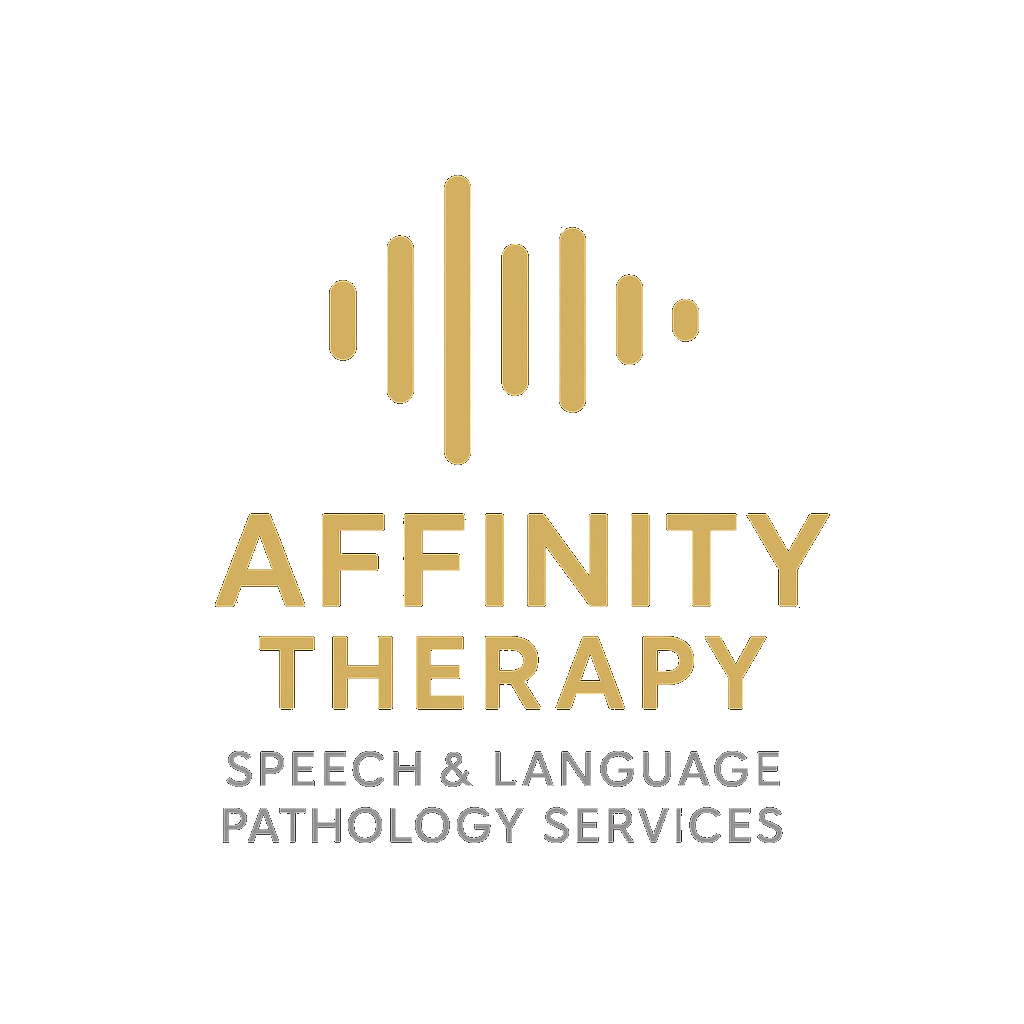Apraxia Therapy
Apraxia of Speech Treatment
Explore specialized therapy focused on improving speech coordination for children and adults with apraxia of speech.
Speech Clarity Enhancement
Targeted techniques to boost articulation and confidence in everyday communication.
Personalized Intervention Plans
Customized therapy approaches based on individual motor speech disorder assessments.
Early Detection and Support
Timely, evidence-based strategies to promote effective communication from the start.
Marina's Apraxia Expertise
I find it deeply important to understand how adult apraxia of speech—particularly in stroke survivors—differs from developmental apraxia in children. Each presents unique challenges and calls for individualized, neurologically-informed approaches.
I'm especially curious about the underlying motor planning systems that support communication, and how disruptions in these pathways impact speech. This interest fuels my passion for exploring alternative forms of expression, such as letterboards or spelling-based systems, to help non-speaking individuals find meaningful ways to connect and communicate.
Motor Speech Expertise
Specialized care for apraxia across all ages
Collaborative Therapeutic Approach
Before becoming a speech-language pathologist, I spent several years working as a Registered Behavioral Technician. That experience gave me a broader perspective on how different therapeutic approaches—such as behavioral therapy and speech-language pathology—can complement each other when thoughtfully applied.
I have had the opportunity to work alongside various professionals including occupational therapists, physical therapists, social workers, and more. I've learned to appreciate the goals and methods of each field and strive to create a supportive, individualized plan of care that considers the full picture of a client's needs. My approach remains compassionate and collaborative, always centered on the strengths, preferences, and potential of the person I'm working with.
Occupational Therapy
Coordinated fine motor and functional skill support
Physical Therapy
Integrated gross motor and positioning strategies
Behavioral Therapy
Complementary behavioral intervention approaches
Social Work
Holistic family and community support systems
Expert Apraxia Therapy Services
Personalized Treatment Plans
Tailored strategies to improve speech coordination and motor planning abilities.
- Individual motor speech assessment
- Customized intervention goals
- Progressive skill building
- Regular progress monitoring
Experienced Clinician
Led by Marina Coakley, M.S., CCC-SLP, expert in motor speech disorders.
- CCC-SLP certified specialist
- Neurologically-informed approaches
- Adult and pediatric expertise
- Collaborative care philosophy
Evidence-Based Approach
Utilizing proven methods for lasting communication gains and improved quality of life.
- Research-backed techniques
- Motor learning principles
- Alternative communication methods
- Functional outcome focus
Comprehensive Evaluations
Thorough assessments to guide effective therapy and track progress over time.
- Motor speech disorder diagnosis
- Oral-motor function assessment
- Communication needs analysis
- Family consultation and education
Support for All Ages
Therapy designed for children and adults with apraxia, addressing unique developmental needs.
- Childhood apraxia of speech (CAS)
- Acquired apraxia (stroke/TBI)
- Age-appropriate intervention methods
- Family-centered care approach
Understanding Apraxia of Speech
Childhood Apraxia of Speech (CAS)
A motor speech disorder where children have difficulty coordinating the precise muscle movements needed for speech. The brain knows what it wants to say, but has trouble coordinating the muscle movements to say it clearly.
Common Signs:
- Inconsistent speech errors
- Difficulty with syllable sequences
- Groping behaviors for sounds
- Increased errors with longer words
Adult Apraxia of Speech
An acquired motor speech disorder typically resulting from stroke, brain injury, or neurological conditions. It affects the ability to plan and sequence the movements necessary for speech production.
Common Characteristics:
- Slow, effortful speech
- Sound distortions and substitutions
- Difficulty initiating speech
- Trial-and-error attempts
Treatment Potential
With consistent, specialized therapy, individuals with apraxia can make significant improvements in their speech clarity and communication effectiveness. Recovery is possible with the right approach and support.
Improved Clarity
Enhanced speech intelligibility and communication confidence
Better Communication
Increased ability to express thoughts and connect with others
Enhanced Quality of Life
Greater independence and participation in daily activities
Discover Expert Apraxia Therapy
Learn about specialized speech therapy for apraxia with personalized treatment plans, experienced clinical care, and evidence-based approaches for lasting communication gains.
Serving Tennessee & Kentucky
marina@affinitytherapytn.com





